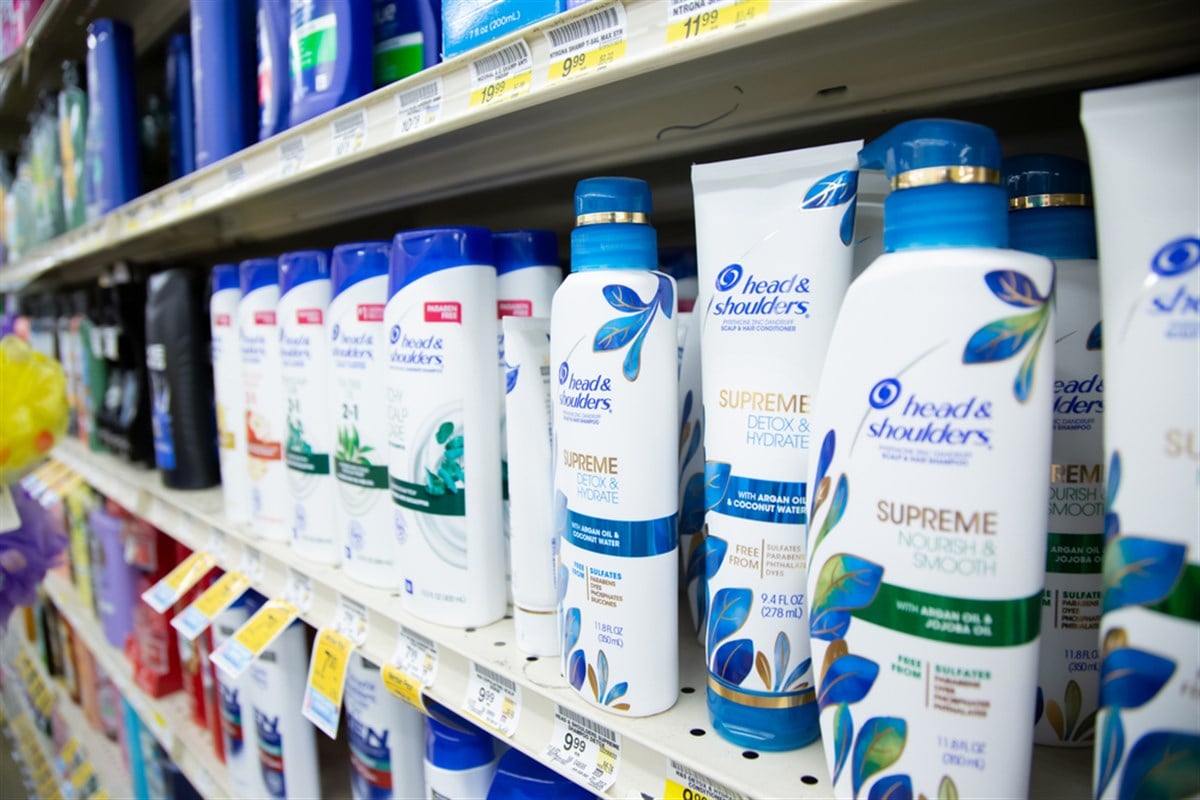
Procter & Gamble (NYSE: PG) is in the consumer staples sector and is by far the world’s largest company in the household products industry, with a market capitalization of over $350 billion. The next closest is Colgate-Palmolive (NYSE: CL) at just over $80 billion.
The company released Q4 2024 and full-year financial results on July 30, 2024. We'll dive into the annual report to overview operations, review the quarterly results, and highlight key aspects to watch going forward.
Breaking Down Procter & Gamble’s Business Segments
Procter & Gamble has five reportable segments: Beauty, Grooming, Health Care, Fabric and Home Care, and Baby, Feminine, and Family Care. Beauty includes hair care, deodorants, and skin care products. Grooming includes shaving products. Health Care includes oral care products, pain relievers, and vitamins. Fabric and Home Care includes laundry detergent, dish soap, and multipurpose cleaners. Baby, Feminine, and Family Care includes diapers, paper towels, and toilet paper.
Fabric care products (laundry detergents and additives) make up an outsized percentage of net sales, coming in at 23% in 2023. The next closest product category is home care (surface cleaners, soaps) at 12%, followed by baby care at 10%.
The company’s biggest customers are Walmart and its affiliates, which accounted for 15% of sales in 2023. No other customer made up more than 10% of sales, and the top 10 customers accounted for 40% of sales. Brands the company controls include Head & Shoulders, Old Spice, Gillette, Crest, Vicks, Tide, Dawn, Pampers, Bounty, and Charmin.
Procter & Gamble Beats Earnings Estimates, Misses on Revenue
Adjusted earnings per share were above analysts' expectations at $1.40, while revenue fell short by $210 million at $20.53 billion. Revenue was essentially flat from a year ago, while adjusted EPS grew by 3 cents. The midpoint full-year EPS guidance for fiscal 2025 comes in slightly above analysts' expectations at $6.98.
Foreign exchange hurt P&G in the quarter. It reduced net sales by 2%, which offset the benefits of higher volume and prices. Removing this effect, organic sales grew by 2%. However, this number still came in well below analysts' expectations of around 3.5%. This contributed to the stock being down nearly 5% on the day of the release, one of the worst single-day declines for the stock in recent memory.
Procter & Gamble Stock Analysis: Key Points and Future Prospects
It seems like a bit of an overreaction for shares to be down so much on an earnings release that, although it was not good, still resulted in the firm beating on adjusted EPS. The company increased its gross margin by 180 basis points, driven largely by increased productivity.
It also showed a decent ability to raise prices; volumes increased in two out of the three segments where prices increased. Right now, the market is rewarding companies that blow expectations out of the water and punishing those that show any weakness.
That may be justified. Many companies, including Procter & Gamble, seem overvalued compared to history. The company's forward price-to-earnings ratio of 23.6 sits at the 94th percentile (with 100 being the highest) of its range over the last 20 years. It also sits in the 72nd percentile of the overall U.S. market, which is rather high for a consumer staples company.
The company has performed relatively well this year, up around 10%, better than 70% of U.S. companies. This makes sense, considering things like low consumer sentiment. In tough times, people are reluctant to cut consumer staples as they are essential products. These types of firms tend to perform well comparatively in bad times as people cut back on discretionary purchases.
CEO John Moeller sees further benefits to the company if feelings about the economy become worse. In the earnings call, he talked about this regarding the company’s dish soap and paper product business. When sentiment is down, people eat at home and stay home more often, causing them to wash dishes by hand and use more paper towels and toilet paper.
Seeing a further decline in consumer sentiment and increases in the Consumer Price Index for Food Away from Home could indicate increased demand for these P&G products.





